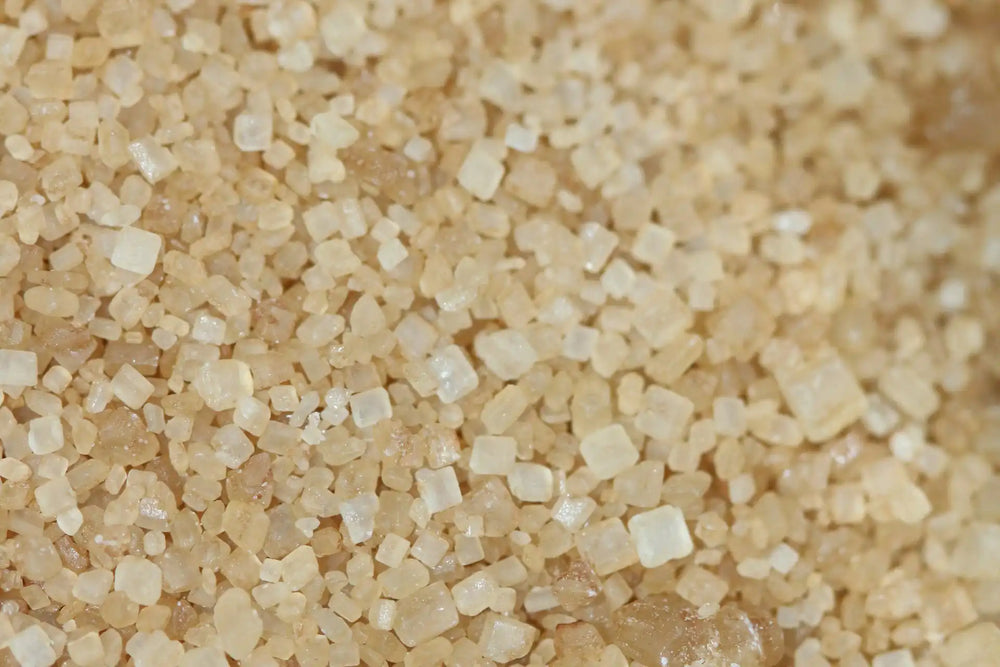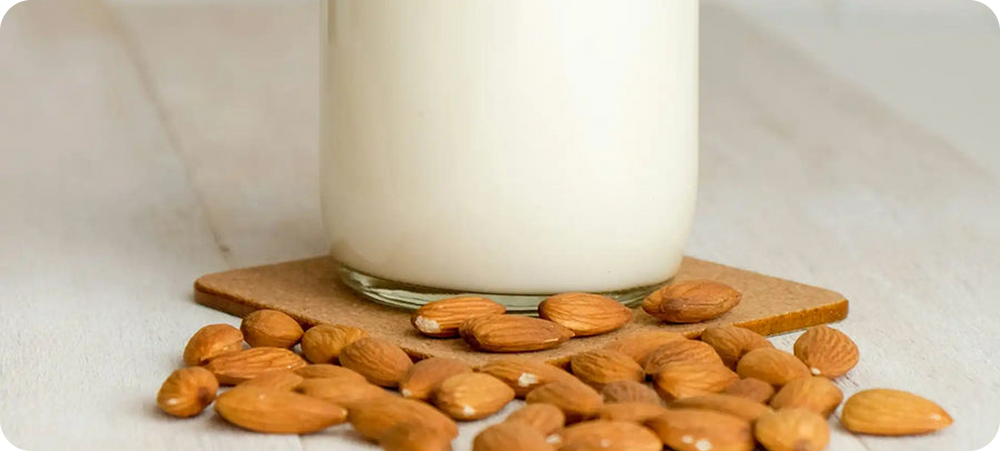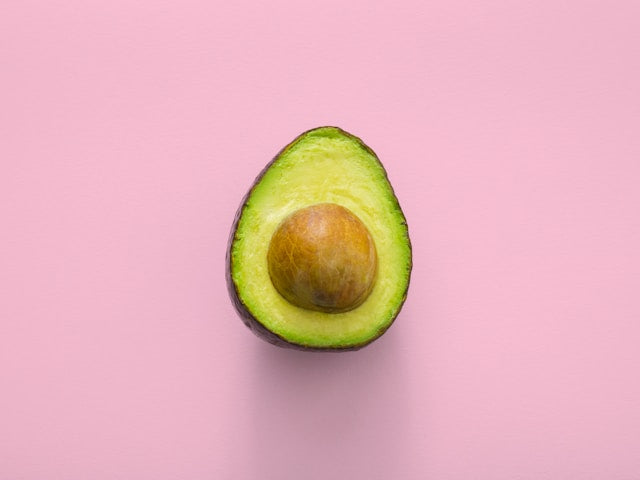
When it comes to sweetening your morning coffee or baking your favorite dessert, you've likely reached for brown sugar without a second thought. But have you ever considered coconut sugar? This natural sweetener has been making waves in the health food world, and you might be wondering if it's worth the switch.
Coconut sugar and brown sugar may seem similar, but there are key differences you should know about. From their nutritional profiles to their impact on blood sugar levels, it's essential to understand what sets these two sweeteners apart. Let's jump into the sweet world of coconut sugar vs. brown sugar and find out if it's time to shake up your sugar routine.
What is Coconut Sugar?
Before we investigate and compare the two, it's essential to understand coconut sugar. Coconut sugar is a natural sweetener derived from the sap of the coconut palm tree. The tree's flower is cut to make it, and the liquid sap is collected. This sap is then heated to evaporate its water content, resulting in the granulated coconut sugar on store shelves.
One of the unique things about coconut sugar is its composition. Unlike regular table sugar, it isn't 100% pure sucrose. Instead, it comprises around 70-80% sucrose, with the rest being a combination of glucose and fructose. This distinctive composition influences how your body metabolizes it and impacts your blood sugar levels.
You may have heard claims that coconut sugar is healthier than other types of sugar due to its lower glycemic index and additional nutrients. While coconut sugar has certain advantages, these assertions deserve a closer look, which we'll explore in the next sections.
What is Brown Sugar?
Like coconut sugar, brown sugar is a unique form of sugar. This form of sugar comes from either sugarcane or sugar beets and undergoes less processing than regular white sugar. How does it all happen?
When sugarcane is harvested, it is first crushed to extract the juice. This juice is then boiled down, resulting in raw cane sugar crystals. Unlike white sugar, which completely strips away the molasses, brown sugar retains some of this molasses. This not only gives brown sugar its distinctive color and moist texture but also imparts that caramel-like flavor, which is a surefire hit in almost any sweet treat.
To break it down, there are two types of brown sugar:
- Light Brown Sugar: This type contains about 3.5% molasses. It's usually used in baking, making glazes, and confectionery products.
- Dark Brown Sugar: The molasses content is higher at around 6.5%. Dark brown sugar has a more robust, more intense flavor and is often used in gingerbread, baked beans, and other dishes where a more profound, robust sweetness is desired.
|
Type |
Molasses Percentage
|
|---|---|
|
Light Brown Sugar |
3.5% |
|
Dark Brown Sugar |
6.5% |
Although brown sugar may feel a little sweeter compared to white sugar, it's far from a veritable health food. Guess what? Your focus needs to be on the big picture—the overall quality of your diet. After all, sweeteners are just a small piece of the puzzle. Discover more about the pros and cons of brown sugar in the next part of our article.
Nutritional Comparison
When comparing coconut sugar and brown sugar, it's imperative to note that both have comparable nutritional values.
Most folks believe brown sugar to be a healthier option due to the presence of molasses, which gives it a marginally higher mineral content. But in the grand scheme of things, the difference is negligible. Brown sugar houses a paltry amount of iron, potassium, calcium, and magnesium. Similarly, coconut sugar also brings a slim portion of nutrients to the table, with a slight edge in the presence of zinc and iron.
Your body responds to both sugars in the same way, metabolically. Per teaspoon, both impart around 15-18 calories and 4-5 grams of carbohydrates. Here's a simplified comparison:
|
Brown Sugar |
Coconut Sugar
|
|
|---|---|---|
|
Calories per tsp |
17 |
18 |
|
Carbohydrates (g) |
4.5 |
5 |
Regarding sugar content, coconut sugar comprises roughly 70-80% sucrose, while brown sugar is nearly 100% sucrose.
So, if you're contemplating switching sweeteners, focus on your overall sugar intake instead of swapping one for the other. It's more about moderation rather than the type of sugar you consume. The upcoming sections will further dissect the pros and cons of coconut and brown sugar.
Impact on Blood Sugar Levels
Next up on your sugar journey is understanding the impact on your blood sugar levels. This is crucial since it's closely tied to your overall health, particularly for those managing diabetes or prediabetes.
Coconut sugar has a lower glycaemic index (GI) than brown sugar, at about 54 compared to 65. The GI is an index from 0 to 100 that ranks foods based on how much they raise blood sugar levels after consumption. Lower numbers are associated with less impact on blood sugar and are generally better for managing diabetes or prediabetes.
Although coconut sugar's GI is lower, the difference is minimal and may not substantially affect blood sugar control. Due to their high sucrose content, both coconut and brown sugar can cause a spike in blood sugar levels.
Now, let's discuss sugar alternatives. The use of sugar alternatives has progressively increased over the years, particularly for people needing to control their blood sugar levels. You might consider natural sweeteners like stevia or monk fruit, which have a GI of zero and do not raise blood sugar levels at all.
|
Sugar Type |
Glycaemic Index
|
|---|---|
|
Coconut Sugar |
54 |
|
Brown Sugar |
65 |
|
Stevia |
0 |
|
Monk Fruit |
0 |
In the grand scheme of things, moderation is key. While understanding different types of sugars and their effects can help you make informed decisions, using any sugar sparingly is still the best approach. After all, an excessive sugar intake, even though the type, can lead to health concerns.
How To Make The Right Choice Of Sugar For Your Dessert
When it comes to sweetening your dishes, coconut and brown sugar have unique attributes. They prove beneficial for different dietary needs. But don't fall into the trap of thinking any sugar can be consumed in excess without any health consequences. Even though both sugars are derived naturally, they significantly impact your body's blood sugar levels.
Both coconut sugar and brown sugar have their perks. Coconut sugar, with its lower glycemic index (GI of 54) compared to brown sugar (GI of 65), can be seen as an intelligent choice for those looking to manage their diabetes or prediabetes. Here's a snapshot of those glycemic indexes:
|
Sugar |
Glycemic Index
|
|---|---|
|
Coconut Sugar |
54 |
|
Brown Sugar |
65 |
But beware of the sucrose content. Sucrose in either form can cause spikes in blood sugar levels. Considering how much sugar you're consuming—even in these 'healthier' forms—should be a priority if you're managing your blood sugar levels.
Sugar alternatives like stevia and monk fruit may be worth exploring. With a GI of zero, they won't affect your blood sugar levels at all.
Remember: making the right dietary choices is often about balance and moderation rather than completely excluding certain foods. Even with sugars, it's about consuming them in moderation and choosing the ones that best fit your unique needs and goals.
Conclusion
So, you've weighed the pros and cons of coconut and brown sugar. While coconut sugar's lower GI might make it seem the better choice for blood sugar management, remember both can still cause spikes due to their sucrose content. Remember sugar alternatives like stevia and monk fruit. They offer sweetness without impacting your blood sugar levels. Eventually, the best choice depends on your individual dietary needs. Remember, sugar balance and moderation are essential to maintaining your overall health. So, always keep your health goals in mind, whether it's coconut sugar, brown sugar, or a sugar alternative.
What is the glycemic index of coconut sugar?
Coconut sugar has a glycemic index of 54, which means it causes a lower rise in blood sugar levels compared to regular table sugar.
How does brown sugar compare to coconut sugar regarding its impact on blood sugar levels?
Although brown sugar has a slightly higher glycemic index (65), both sugars can still cause spikes in blood sugar due to their sucrose content. Therefore, even when using these sugars, monitoring your intake is essential.
Are there sugar alternatives that do not affect blood sugar levels?
Yes, sugar alternatives like stevia and monk fruit have a zero glycemic index, meaning they don't raise blood sugar levels. This makes them suitable for individuals with diabetes or those trying to manage their blood sugar levels.
What factors should be considered when choosing sugars to maintain overall health?
Balance, moderation, and individual dietary needs are vital when choosing sugars. Even "healthier" sugars can lead to health problems if consumed excessively, so using them sparingly and in line with your dietary needs and goals is essential.
FAQ
The vegan milks highlighted in this article are coconut, oat, soy, and almond milk.
Related posts
-

What Is The Difference Between...
When it comes to sweetening your morning coffee or baking your favorite dessert, you've likely re...
-

What Are The Best Vegan...
You're a baking enthusiast, but you recently turned vegan. Now you're wondering how to replace th...
-

Top Vegan Butter Substitutes for...
Have you ever considered baking that delicious cake but run out of butter? Or are you trying to s...



